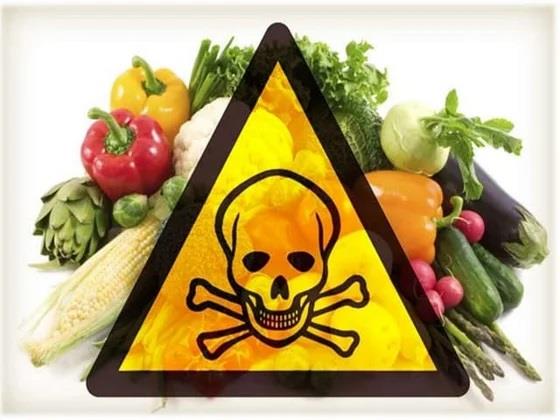
Letter To Editor The Growing Problem Of Pesticide Residues In Food
Representational Photo
Pesticide residues have been found in more than 50% of food samples tested in India. Some foods, such as vegetables, fruits, cereals, pulses and spices, have been found to contain more than the maximum residue limits (MRLs) set by regulatory bodies. Pesticides are used on crops to control insects, fungi and weeds and can be transported through water, soil and air, affecting nearby crops. Additionally, some pesticides are used to prevent spoilage during storage and transport. Common fruits and vegetables such as apples, grapes, strawberries, spinach, tomatoes and potatoes often contain significant residues of pesticides. Staple foods such as rice, wheat, lentils and chickpeas may also contain harmful pesticides.
Pesticide residues in food are small amounts of pesticides that remain on or within foods after they have been used on crops. These residues can potentially pose health risks, depending on the specific pesticide and its concentration. India is one of the top consumers of pesticides globally, using them extensively in agriculture to protect crops from pests and diseases. However, the detection of pesticide residues in food has emerged as a significant health issue. Research shows that most foods in India contain these residues, some of which have levels higher than safe limits. This situation raises serious health concerns and highlights the need for better food safety regulations and greater public awareness. The recent appeal by the Union Minister of State for Health and Family Welfare for a comprehensive national strategy for monitoring pesticide residues in food is important to enhance public health and food safety in India. Contamination of food with pesticides poses a serious health risk, which is further worsened by modern farming practices and reckless use of chemicals. Although several regulatory measures are in place, there are gaps in monitoring, enforcement and public education, which require stronger government action at both the central and state levels.
Reports from the Food Safety and Standards Authority of India (FSSAI) and various independent studies show that pesticide residues have been found in more than 50% of food samples tested in India. Some foods, such as vegetables, fruits, cereals, pulses and spices, have been found to contain pesticides in excess of the maximum residue limits (MRLs) set by regulatory bodies. Pesticides are used on crops to control insects, fungi and weeds and can be transported through water, soil and air, affecting nearby crops. Additionally, some pesticides are used to prevent spoilage during storage and transportation. Common fruits and vegetables such as apples, grapes, strawberries, spinach, tomatoes and potatoes often contain significant residues of pesticides. Staple foods such as rice, wheat, lentils and chickpeas may also contain harmful pesticides. Spices such as turmeric, coriander and cumin can sometimes contain pesticide levels above safe limits. Consuming food with pesticide residues can cause a variety of health problems, which vary depending on the amount and duration of exposure. Short-term effects can include nausea, dizziness, headaches and allergic reactions, while long-term exposure can result in serious conditions such as cancer, hormonal imbalances, neurological disorders and developmental problems in children.
Dr. Satyawan Saurabh
Haryana
Read Also Statehood Among 14 Resolutions To Be Tabled In Assembly Kashmir Consumes Mutton Worth Over Rs 252 Cr This Ramazan
Legal Disclaimer:
MENAFN provides the information “as is” without warranty of any kind. We do not accept any responsibility or liability for the accuracy, content, images, videos, licenses, completeness, legality, or reliability of the information contained in this article. If you have any complaints or copyright issues related to this article, kindly contact the provider above.






















Comments
No comment